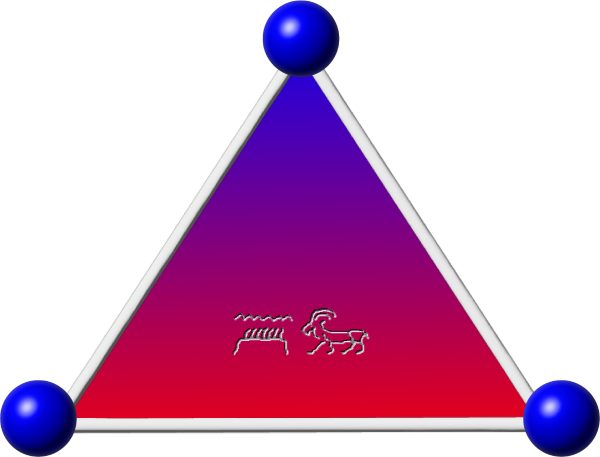I had been told about Kaieteur Falls in Guyana. It’s a 400 foot wide river plunging from a plateau to a gorge 822 feet below. The sound was said to be amazing, the view incredible. I could almost hear the sound and see the water plunging over the cliff. Almost!
I was living in Georgetown, Guyana, and it was just a short ride by air to where I could actually look at the falls for myself and hear the sound. When the plane landed, even though we couldn’t see either the falls or the gorge, we could hear the sound. The sound grew as our tour group approached. Then suddenly we could see the entire picture, looking down into the gorge toward the falls. None of the descriptions had done justice to the view, the sound, and the feeling.
I was visiting my sister in Klamath Falls, Oregon. She and her husband told me about Crater Lake which is just to the north. It was an incredible sight! It had to be seen to be believed! I couldn’t leave the area without going to see it!
And when I drove up onto the road that goes around the like, and went to the viewpoint and looked down at the water below and saw the island in the center of the lake, I had to agree. This was something I just hadto see! I was glad that I had done so.
One thing that nobody ever suggested to me in either of these cases was that I should try to live just with the descriptions. Nobody suggested that their verbal descriptions, their technical data, or even their photographs were sufficient to match the actual experience. They all unanimously agreed that they couldn’t really describe what they were inviting me to see. But they were all sure that the experience was real. They were all sure that it was a good experience. They were all sure that, as far as it went, their descriptions were accurate. They were just not a match for the real thing. And nobody suggested that if I would just believe with sufficient vigor that the experience was wonderful, I would have an adequate substitute for the real thing.
If someone tried to claim such things, we would call them weird. If someone suggests that enough graphic pictures of sexual acts will substitute for the real thing, we would call him a pornographer.
But what if someone suggests that one can get a sufficient spiritual experience by believing in descriptions of other people’s experience? What do we call them? (I’m restraining myself from writing several specific names!)
Can ethical teaching and belief replace ethical practice? Can descriptions of spirituality replace the actual experience of the divine? Can the descriptions even adequately describe that which they are intended to describe? Can we make them function any better by believing in them any harder?
Experience is certainly subjective. It’s individual. It often can’t be reproduced. But it’s much more objective than second hand descriptions of someone else’s experience.
Whether you agree with me in spiritual terms or not, let me suggest getting active in experiencing things for yourself.
Do you wonder what it feels like to care for others? Try, during this season, to give of yourself, and do it when you can see the joy that your giving presents to others. If you want a truly spiritual experience, try delivering food baskets to needy families. Don’t just give money to someone else who has done it. Do it yourself! Are you a believer? Spend time in a worship service of your choice. Relax. Forget the time, and just enjoy the experience of God’s presence. If you’re not a believer, find your way to the beach, or a mountain or park, and watch the sunset. Give yourself time to enjoy the experience. (Believers can enjoy this too!!!)
I’m going to spend some time with children and grandchildren. I’m going to revel in the experience of God’s love as we hug one another and play with one another. Don’t stop with my description of it. Live it!
And as you look at all the manger scenes this Christmas, don’t be satisfied just to debate whether historically there ever was a manger, or who the baby was. The story symbolized by the manger scenes is about giving. It’s about stretching yourself out to meet others where they can really hear you. It’s about fellowship. It’s about the wonder of small beginnings and what they can bring forth if fed with enough love and time.
It’s about a participatory sport.
Live it!


